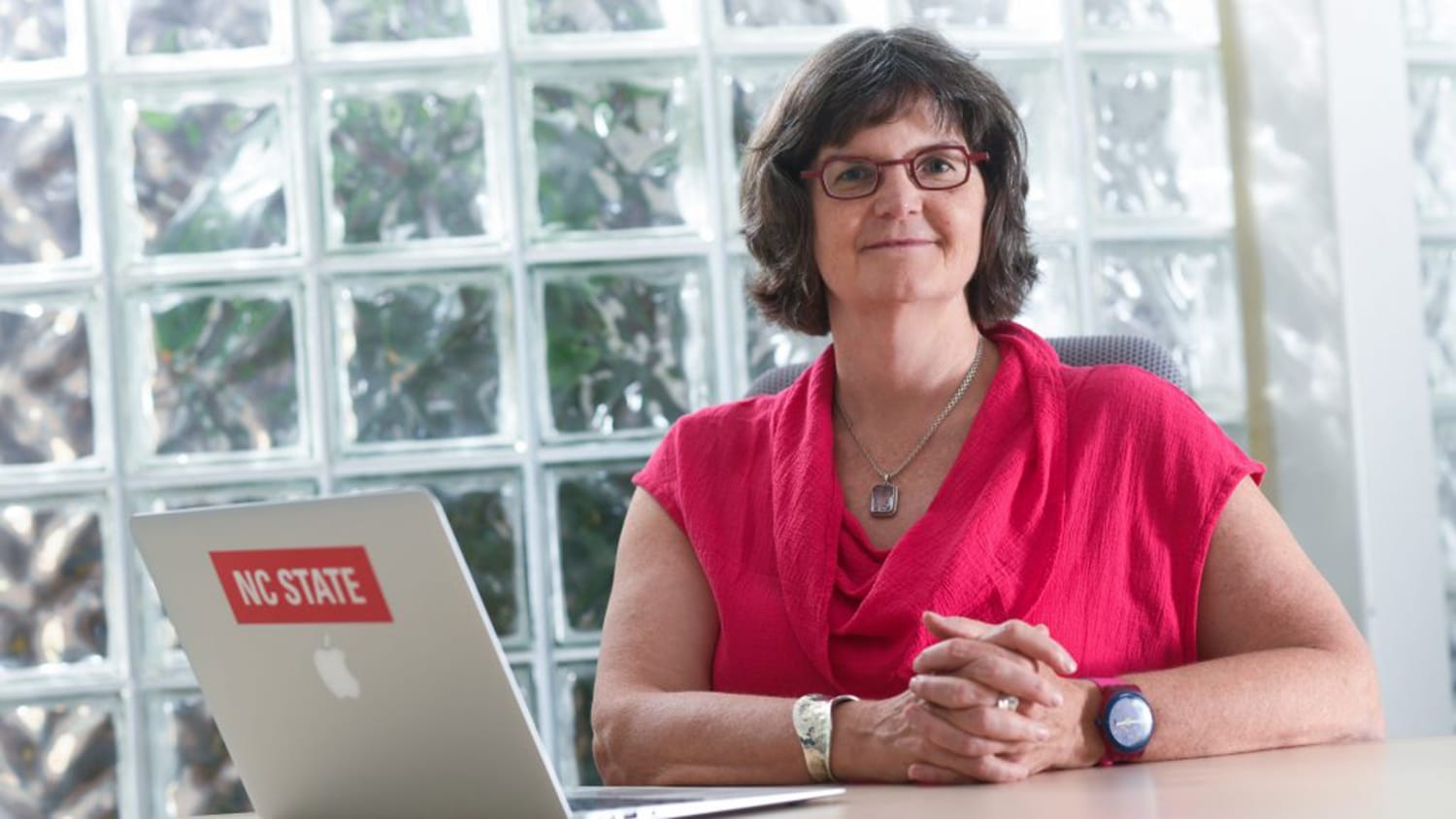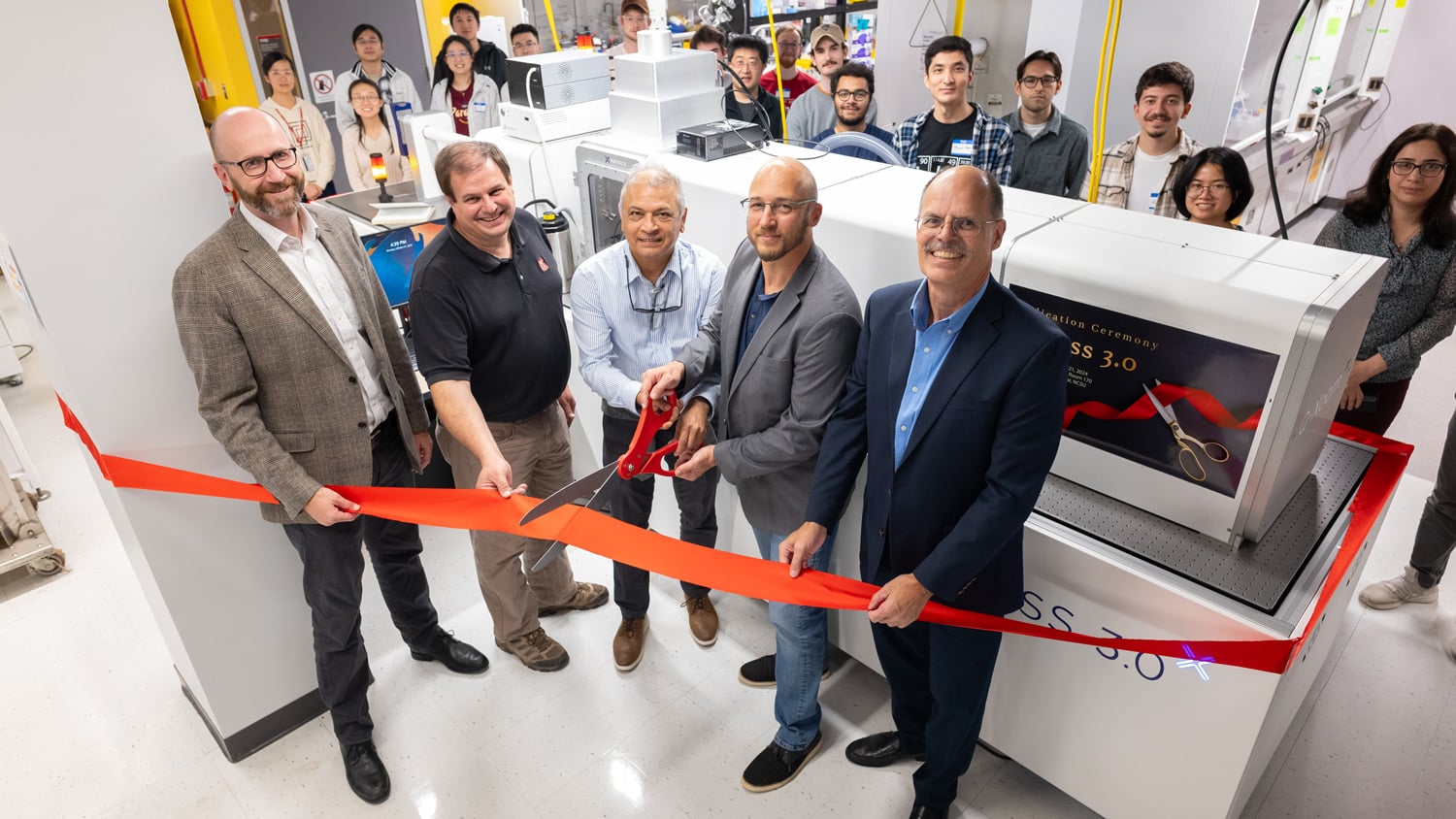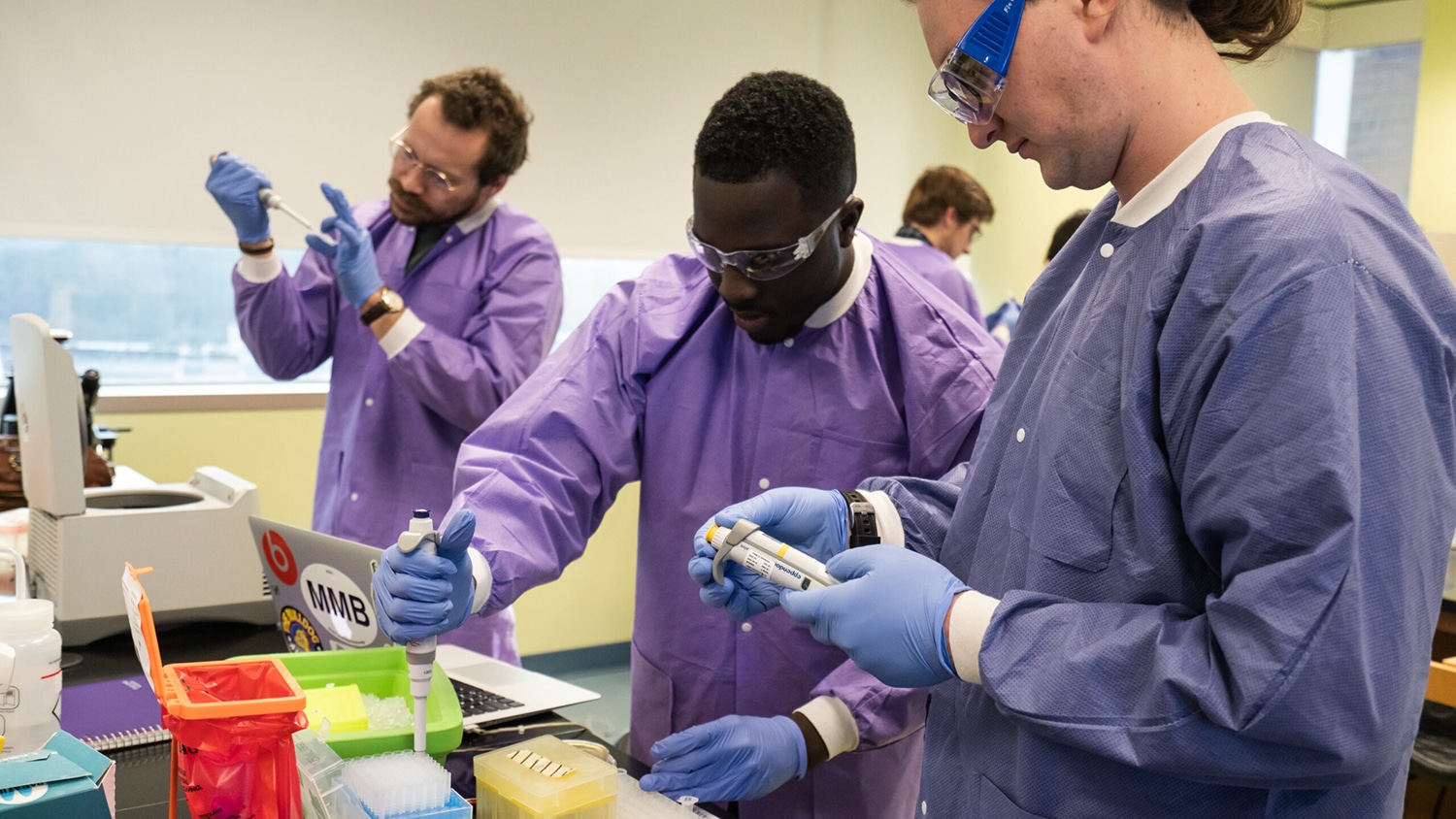Meet Our Newest Faculty
The College of Sciences is welcoming six new scientists this fall.
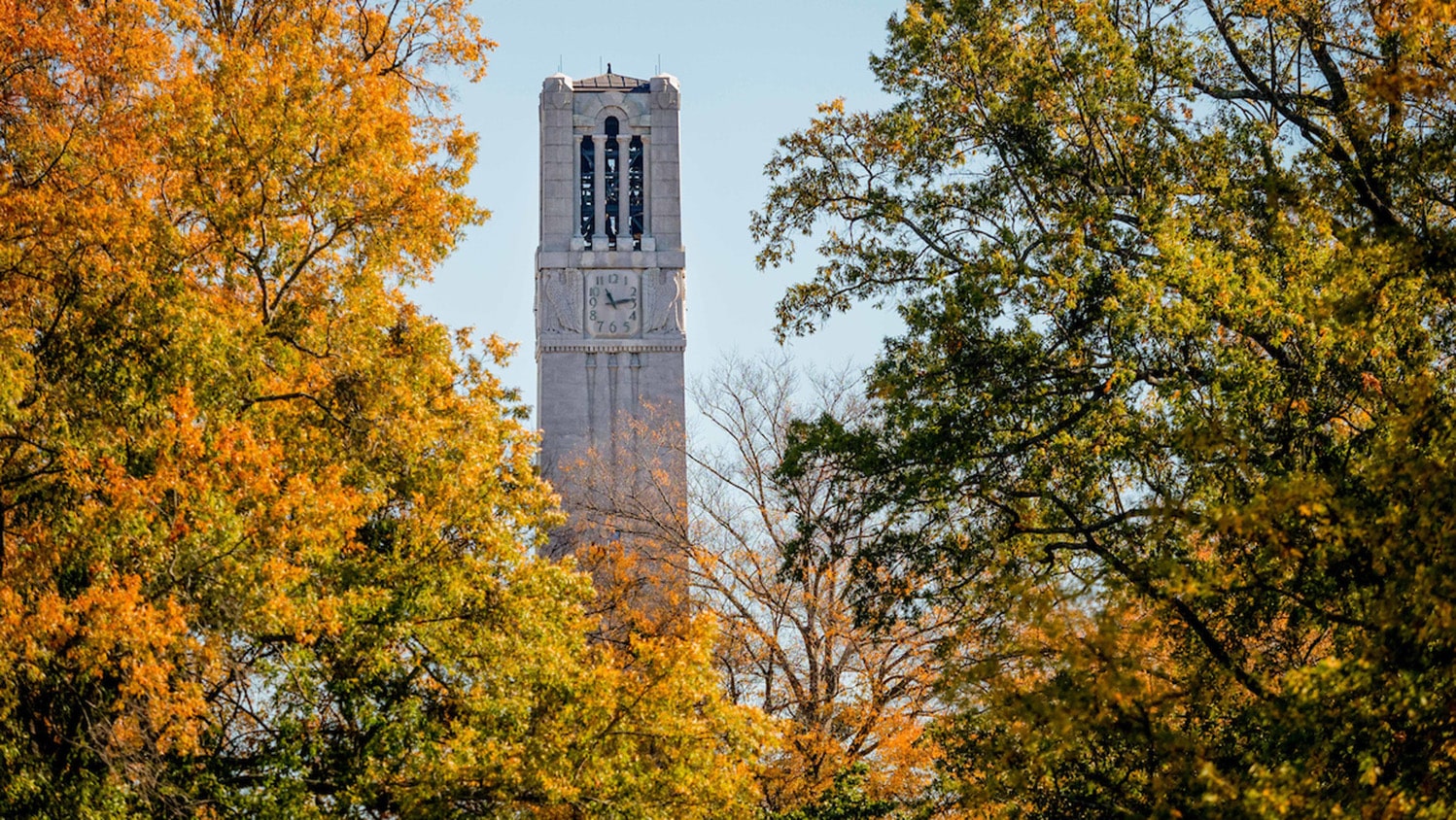
There’s nothing we love more at the College of Sciences than the start of the fall semester. We get to meet new students and welcome returning ones, as well as the new faculty who will help them thrive. In fall 2024, six new tenured, tenure-track and professional faculty are joining our college.
Each new faculty member contributes something unique to the Wolfpack. Get to know them and why they’re proud to be at NC State.
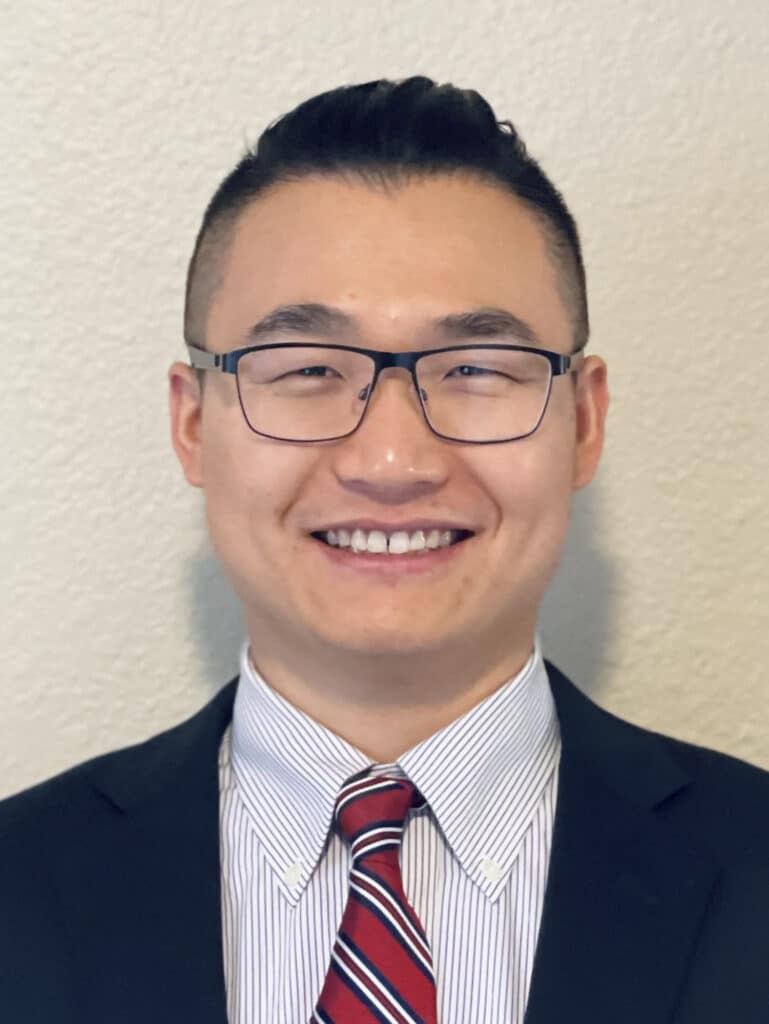
Weijian Chen
Assistant Professor, Physics
Ph.D. institution and year: Washington University in St. Louis, 2018
Recent affiliation: Staff Scientist, Department of Physics, Washington University in St. Louis
Research focus: My research focuses on dissipative quantum systems, where the dissipation comes from the interaction between quantum systems and their environment. Though it is usually considered detrimental, dissipation can become a valuable resource through careful engineering. Based on the experimental platform of superconducting circuits, I will harness dissipation into quantum applications from sensing to control.
Why NC State? I was drawn to the supportive and collaborative environment at the Department of Physics. Every person that I met with was kind and passionate. I can expect a lot of exciting collaborations within NC State as well as in the Research Triangle area. The vibrant and rapidly growing Raleigh metro area, with exceptional natural resources and cultural diversity, is another critical factor that drew me to NC State.
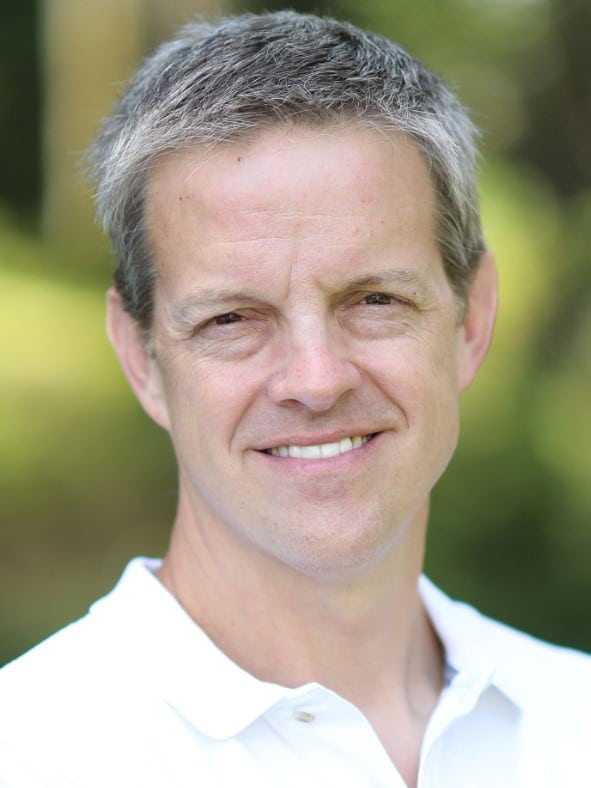
Spencer C. Hamrick
Lecturer, Statistics
Education: Master’s in teaching, Georgia State University, 2010; B.S. in mechanical engineering, NC State, 1999
Recent affiliation: Lecturer, Statistics, Purdue University
Teaching focus: I graduated with a bachelor’s in mechanical engineering from NC State and earned my Six Sigma Black Belt at a Fortune 100 company. In this statistics-based project leadership role, I developed a love of statistics and its applications to real-life scenarios. After 10 years as an engineer, I changed careers to teach math in the college setting, teaching at seven institutions in four different states. In the classroom, I try daily to apply my practical experience with stats in a way that engages students and piques their interest.
Why NC State? I am an alumnus and a North Carolina native. My father, brother and several extended family members are alumni. After traveling extensively during my career — both nationally and internationally — North Carolina is finally home for me again. I also believe strongly in the land-grant mission. The research, education and cooperative extension provided by NC State makes a positive impact throughout our state, nation and world.
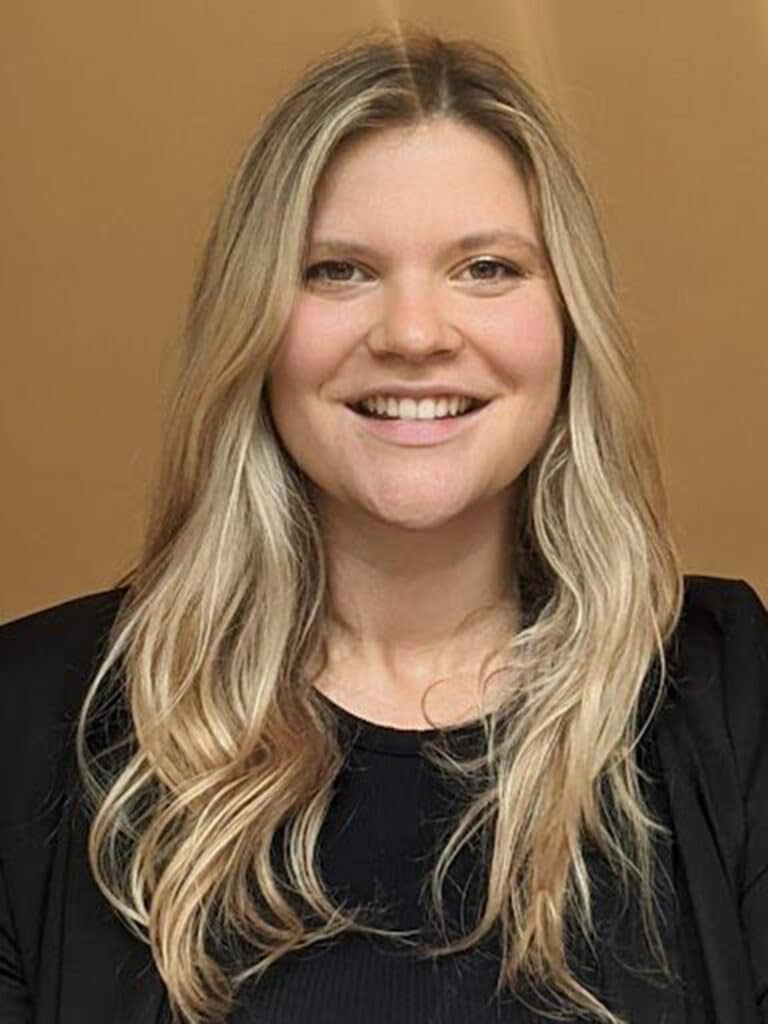
Maya Kinley-Hanlon
Assistant Teaching Professor, Physics
Ph.D. institution and year: University of Glasgow, 2023
Recent affiliation: Research Operations Manager, Department of Physics, NC State
Research focus: Over the past eight years, I have been working on cutting-edge thin film coatings and optics research as part of the Laser Interferometer Gravitational-Wave Observatory collaboration, along with the international Virgo and Kagra collaborations. My work primarily involved the design and development of innovative material coatings aimed at enhancing future gravitational wave detector sensitivity. This research included extensive work on thin film coating materials, as well as on silica and silicon substrates, to optimize performance of future detectors.
Why NC State? I was initially drawn to NC State by the engaging and enthusiastic professors in the Department of Physics and the extensive and compelling research taking place here. Over the past nine months, I have appreciated the positive attitude of the community, the school spirit, and the continuous support and encouragement from colleagues and mentors. I have enjoyed being a part of this vibrant environment thus far, and I am looking forward to sharing my passion for physics with the students I teach.
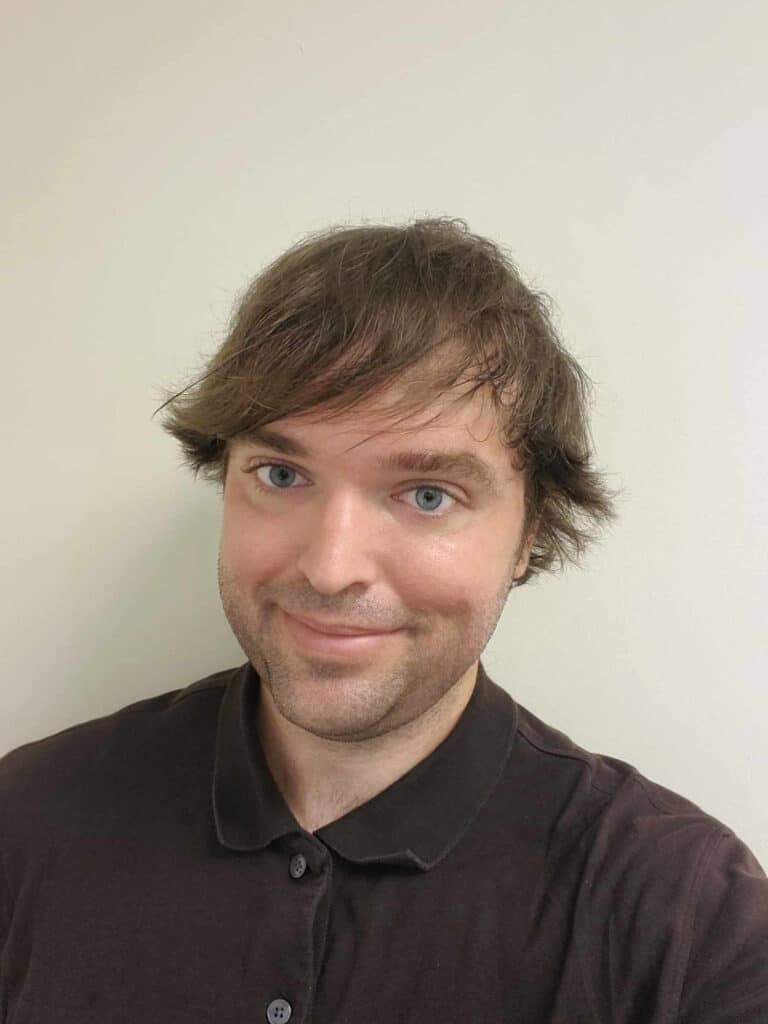
Elijah Meyer
Assistant Teaching Professor, Statistics
Ph.D. institution and year: Montana State University, 2022
Recent affiliation: Postdoctoral Associate, Statistical Science, Duke University
Research and teaching focus: My current research focuses on improving the teaching and learning experiences for both instructors and students, specifically in statistics education, statistics and data science pedagogy and instrument development. Additionally, I’m interested in sports analytics and creating dynamic tools to support data-driven decisions. My teaching goals include bringing statistical computing, reproducibility and version control to more courses. I’m also passionate about supporting undergraduate research.
Why NC State? Location and community. NC State has a group of individuals dedicated to supporting students as both academics and individuals. I’m excited to be a part of it. I’m also excited to be a part of a lively sports community and escape the cold Montana winters!
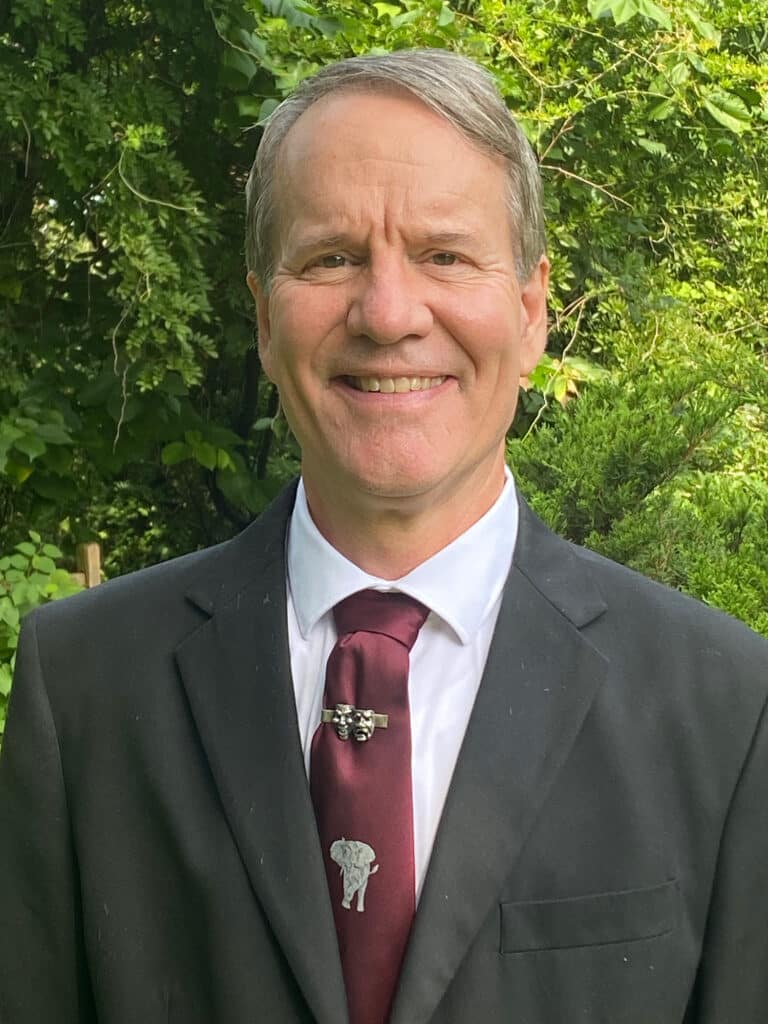
Bruce Schulte
Department Head and Professor, Biological Sciences
Ph.D. institution and year: State University of New York, 1993
Recent affiliation: Associate Vice President for Strategy, Performance and Accountability, Western Kentucky University
Research focus: My scholarly activity covers the areas of animal behavior and conservation. My research focuses on communication, social behavior and human-wildlife interactions (HWI) in mostly large, herbivorous mammals such as elephants and beavers. I have also conducted research on chemical signaling by coral reef sponges and soft corals, optimal foraging by bumblebees, prey selection by odonate larvae and a variety of other areas in chemical and behavioral biology. For 30 years, I have studied elephant behavior and worked to address conservation issues on human-elephant interaction, co-directing the Elephants and Sustainable Agriculture in Kenya project from 2016-2024. Current projects include examining HWI with people and marine mammals in Homer, Alaska, and investigating Asian elephant behavior in collaboration with the Sri Lanka Elephant Project. In 2022, I was the recipient of the Conservation Behavior Richard Buchholz Award from the Animal Behavior Society. I have been active in obtaining extramural funding, establishing productive collaborations, mentoring students, presenting at meetings and publishing.
Why NC State? NC State is a dynamic institution with a long history of educating students to face the challenges of today and tomorrow, conducting cutting-edge theoretical and applied research, and servicing communities within North Carolina and around the world. My career encompasses experiences ranging from student to administrator. From an early age, I knew that I wanted to be a field biologist. At Western Kentucky University, I served as head of the biology department for 10 years and as associate vice president for strategy, performance and accountability for the past five years. My passion for facilitating active learning in a dynamic environment drew me to the role of head of the Department of Biological Sciences at NC State. In this position, my interpersonal and organizational skills can best fulfill my personal and professional aspirations to make a difference in people’s lives locally and globally, while helping to conserve our magnificent planet.
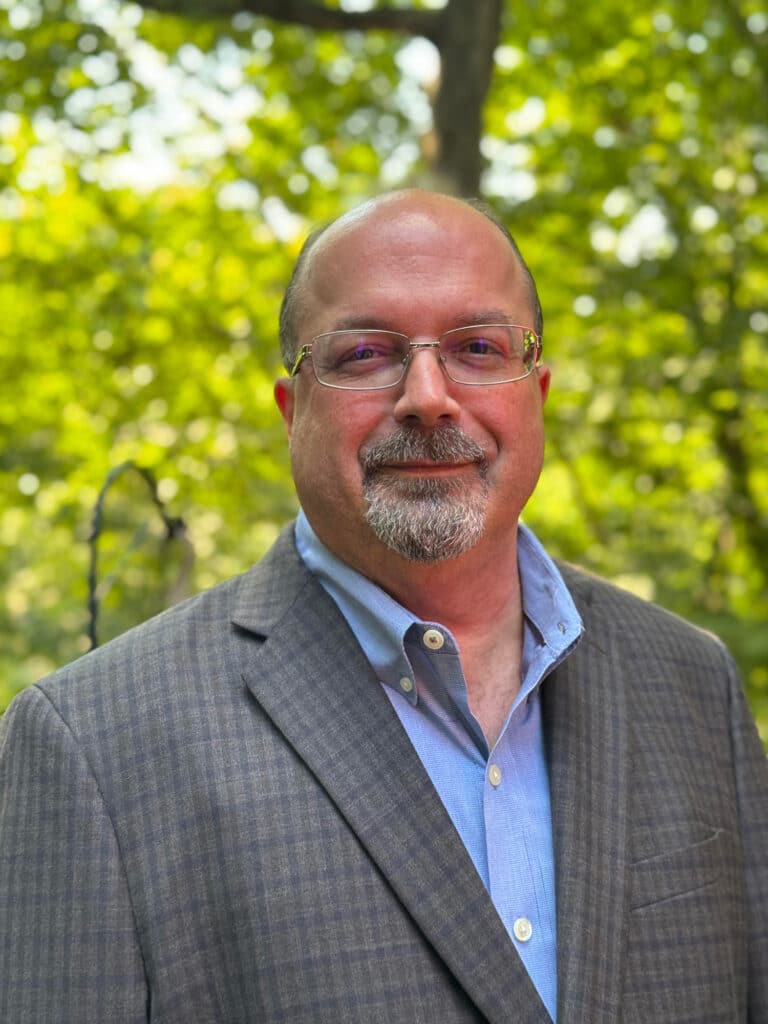
Jeff Yoder
Professor, Biological Sciences
Executive Director, Genetics and Genomics Academy
Ph.D. institution and year: Harvard University, 1998
Recent affiliation: Professor, Department of Molecular Biomedical Sciences, College of Veterinary Medicine, NC State
Research focus: My lab focuses on comparative immunology with an emphasis on understanding how immune systems recognize and destroy invading pathogens while leaving their own cells unscathed. We employ zebrafish, rodents and human cells as models for discovery, using comparative genomics, immunotoxicology and genome engineering approaches. Current research is focused on how genetic diversity and exposure to environmental chemicals impact immune function.
Why NC State? I’ve been fortunate to be a faculty member at the College of Veterinary Medicine for 20 years. I am now moving into the College of Sciences as a faculty member while also working with the Office of University Interdisciplinary Programs as the new executive director of the Genetics and Genomics Academy (GGA). I am excited to take on this new leadership role and I credit NC State with providing a positive environment for career development. I am honored to work with the wonderful people in the Department of Biological Sciences, the College of Sciences and GGA.
- Categories:
